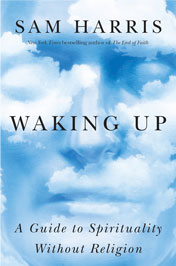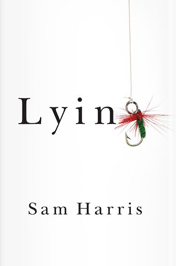The Dark Side
A Conversation with Paul Bloom
In this episode of the Waking Up podcast, Sam Harris and Paul Bloom talk about Donald Trump, torture, trophy hunting, and other terrors.

(Photo via Woody Hibbard)
In this episode of the Waking Up podcast, Sam Harris and Paul Bloom talk about Donald Trump, torture, trophy hunting, and other terrors.
Paul Bloom is the Brooks and Suzanne Ragen Professor of Psychology at Yale University. His research explores how children and adults understand the physical and social world, with special focus on morality, religion, fiction, and art. He has won numerous awards for his research and teaching. He is past-president of the Society for Philosophy and Psychology, and co-editor of Behavioral and Brain Sciences, one of the major journals in the field. Dr. Bloom has written for scientific journals such as Nature and Science, and for popular outlets such as The New York Times, The Guardian, The New Yorker, and The Atlantic Monthly. He is the author or editor of six books, including Just Babies: The Origins of Good and Evil.














